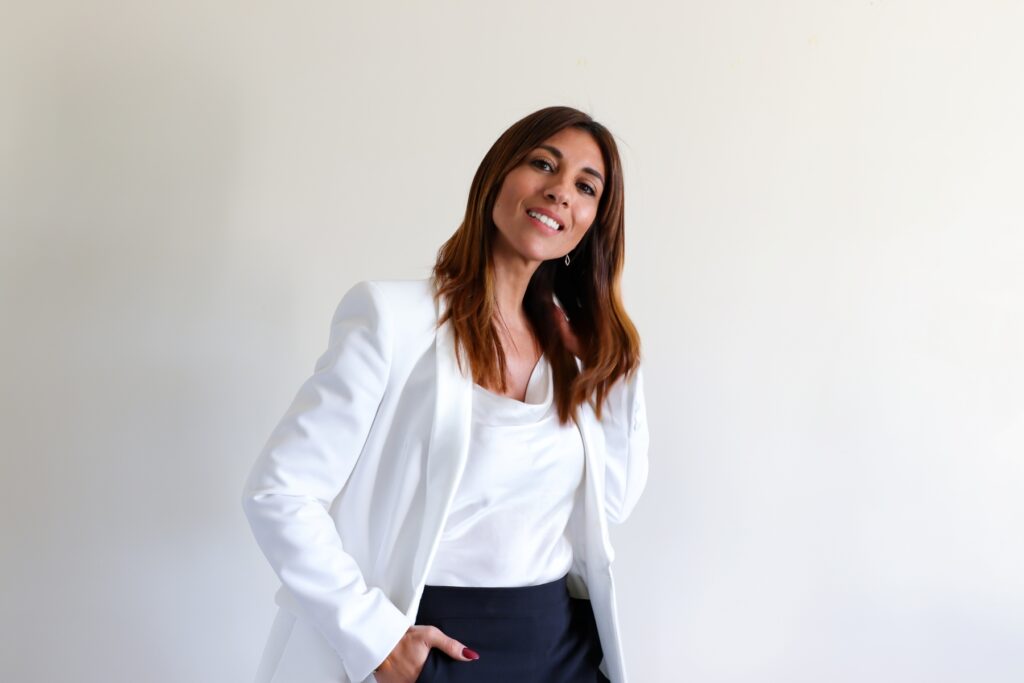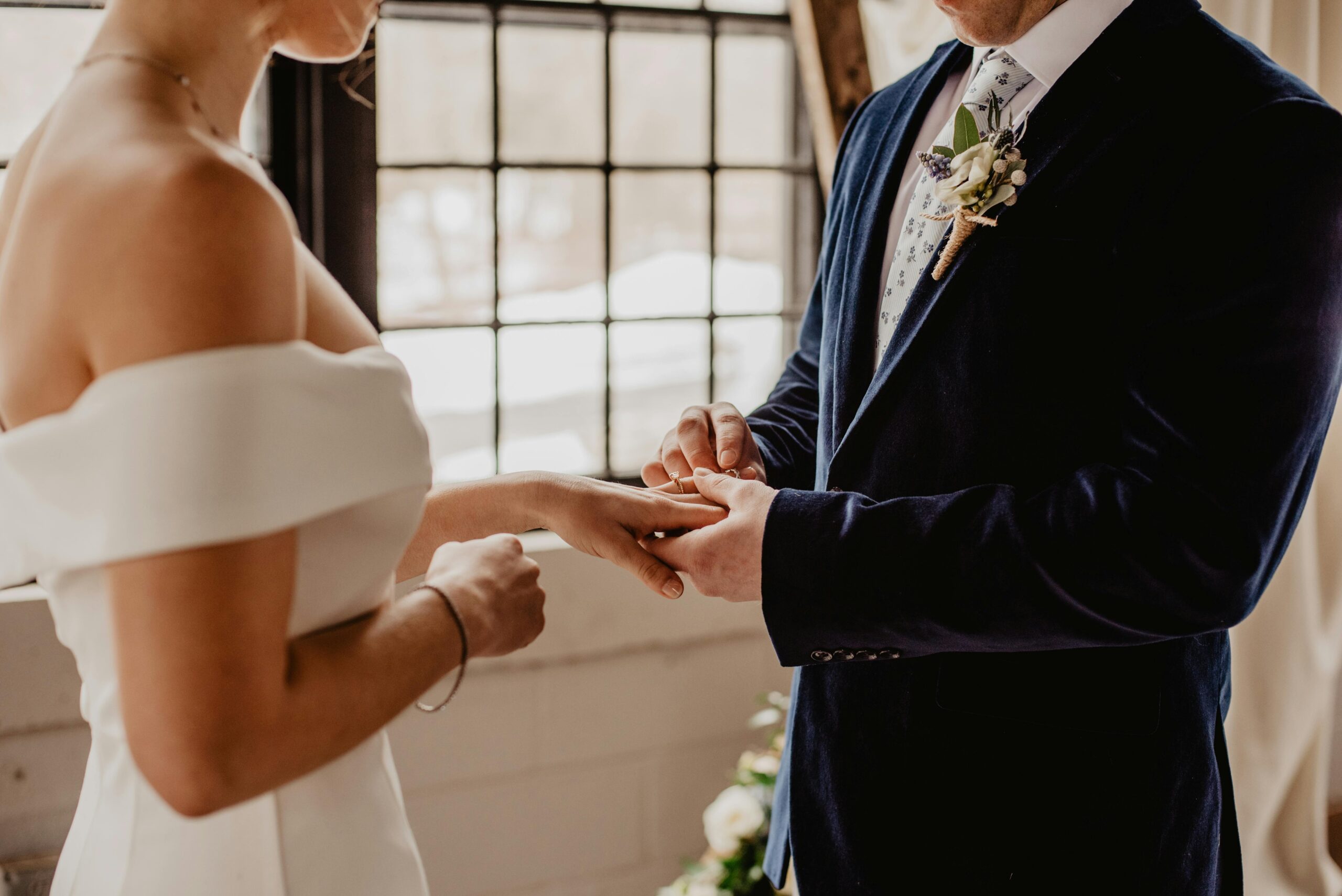In the ever-evolving world of marketing, few voices resonate as clearly as Carol Zatt’s when it comes to understanding and engaging female consumers. As we step into 2024, Carol’s insights are more relevant than ever, offering a fresh perspective on how brands can authentically connect with women in a rapidly changing marketplace.
Carol Zatt isn’t just a marketing expert; she’s a visionary who has spent years studying the intricate dance between brands and their female audience. Her approach goes beyond traditional metrics, delving into the heart of what truly matters to women today. Through her work, Carol has consistently challenged industry norms, pushing for more inclusive, authentic, and emotionally resonant marketing strategies.
In this exclusive feature, we’ll explore Carol’s groundbreaking ideas on how brands successfully capture female consumers’ hearts in 2024. But before we dive into her professional insights, let’s take a moment to get to know Carol better—the experiences that shaped her, the challenges she’s overcome, and the lessons she’s learned along the way.
- Can you share a pivotal moment in your career that shaped your current approach to marketing?
A defining moment in my career was when I pitched a campaign focused on authentic storytelling for a female-led brand. At first, it was met with skepticism because it didn’t rely on flashy visuals or traditional promotions. However, when the campaign resonated deeply with the target audience, driving unprecedented engagement and loyalty, I realized the immense power of authenticity. That experience taught me that connecting with people on a human level isn’t just effective—it’s transformative. Since then, I’ve made it my mission to create strategies that genuinely reflect women’s lives, stories, and aspirations.
- What’s the biggest misconception you’ve encountered about marketing to women?
The biggest misconception is that women are a monolithic group and can be marketed to with generic, one-size-fits-all approaches. Women are incredibly diverse, with unique values, challenges, and decision-making processes. Treating them as a homogeneous audience not only alienates them but also misses out on opportunities to connect meaningfully. Successful marketing to women requires understanding their complexity and respecting their individuality.
- How has your personal journey as a woman in the industry influenced your professional perspective?
As a Latina immigrant and a mother working in a male-dominated industry, I’ve often had to navigate spaces where I felt unseen or undervalued. These experiences gave me a deep understanding of what it feels like to have your voice muted or your story misrepresented. They’ve fueled my commitment to amplifying women’s voices in marketing and creating campaigns that reflect their true identities. My journey has also taught me the importance of resilience and the power of staying true to your values, no matter the challenges.
- Outside of work, what hobbies or interests inform your understanding of female consumers?
I’m deeply passionate about music and fashion, which are both powerful forms of self-expression for women. Exploring trends in these areas gives me insight into how women navigate identity and empowerment in their daily lives. Additionally, I love storytelling—whether through books, podcasts, or personal conversations—which helps me understand the nuanced emotions and experiences that drive women’s decisions. As a mother, I also gain valuable perspective on balancing family, work, and personal aspirations, which informs my approach to engaging women authentically.
- What’s been your most challenging project to date, and what did you learn from it?
One of the most challenging projects I worked on involved rebranding a company that had a history of ignoring its female audience. It required not only a shift in messaging but also a cultural transformation within the organization. The process was intense, involving focus groups, internal training, and revising long-standing marketing practices. The breakthrough came when we launched a campaign co-created with female consumers, which led to a 35% increase in engagement and a renewed sense of trust from the audience. It taught me that meaningful change takes time, collaboration, and a willingness to listen—and that the effort is always worth it.









